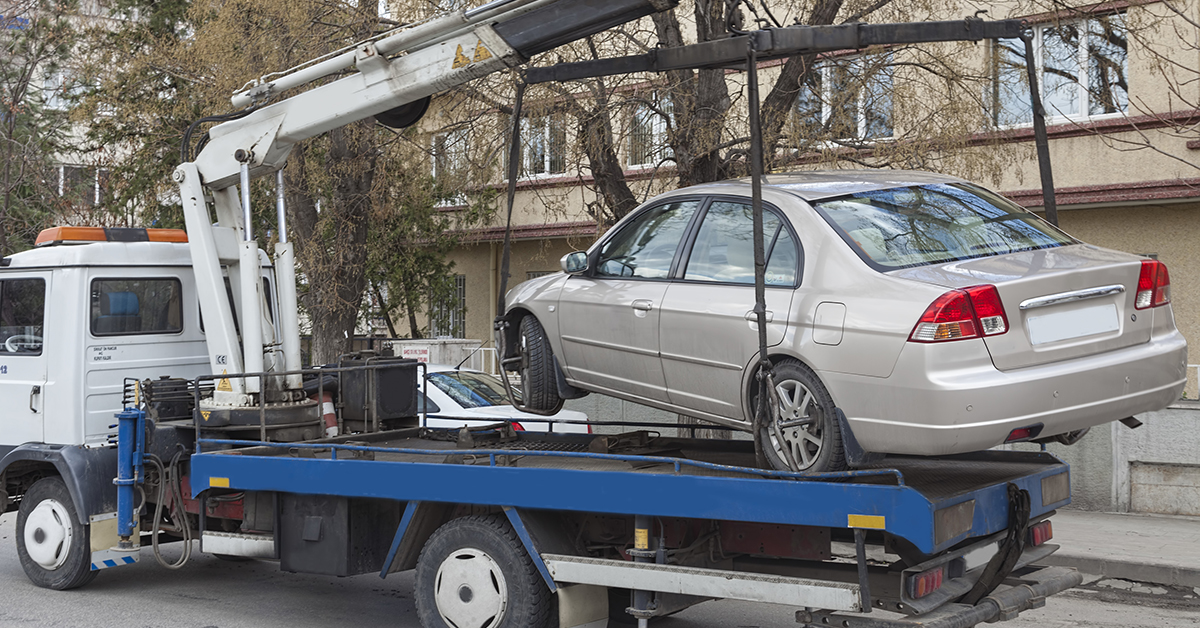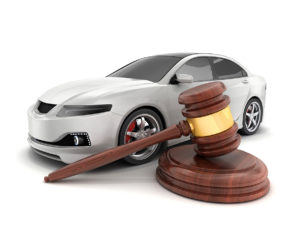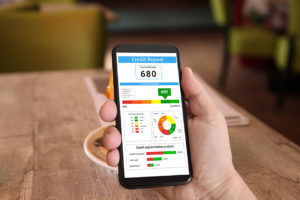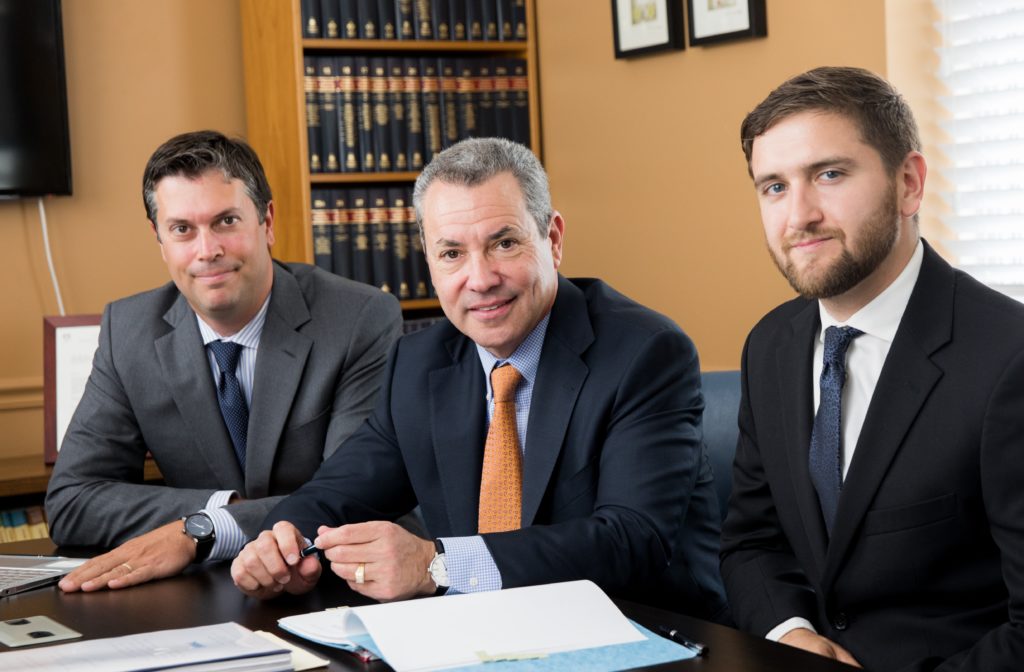
Your car is hooked up to the tow truck. You’d been struggling for months to make payments, and now the thing you feared most has come true: repossession.
And you think to yourself: What do I do now? Where is my car? Is there some sort of car repossession look-up service that can track it down?
We’ll start by telling you that it’s your lender’s responsibility to notify you after a repossession about the status of your car. If you find that your vehicle is missing, you have two choices. First, you should call the lender . Second, call the local police department.
Beyond that, there are laws to protect you without having to file for bankruptcy, and some things you can do to protect yourself and potentially recover your car.
1. Find out why it happened. Was it taken by mistake?
If you’ve fallen behind on your vehicle payments, repossession might not come as a surprise. But that’s not always the case. Sometimes, vehicles are repossessed by mistake. It’s worth calling your lender to find out where your vehicle is, why it was taken, and the steps for you to get it back.
2. Can you get it back?

After a repossession, the lender must provide written notices to the borrower. In many cases, the bank, credit union or financial institution may require a borrower to pay back the loan in full – plus repossession and storage costs – in order to get the car back. In other cases, they may allow the borrower to pay past due payments to reinstate the loan. If the borrower can’t meet the terms, the lender will take steps to sell the vehicle.
3. Make sure you know your rights
If you’ve read our last blog posts about car repossession, you know that consumers have a few basic rights, even if they defaulted on their auto loan and had fallen behind on payments.
For example, after the repossession the borrower is entitled to receive notices from the lender. The first notice called a Notice of Intent to Sell Property, details terms that will allow the borrower to recover the vehicle and retrieve any personal items left inside the car. It will state the payments required, a time period to act, the date of a sale and location of the vehicle.

If the borrower can’t get the car back and it’s sold at auction or private sale, the lender must send a second notice confirming the sale price, repossession and storage fees, plus any remaining balance owed on the loan. This second notice is called a Notice of Deficiency.
Beyond these notices, it’s important to remember other rights during a repossession such as, the repo agent being barred from using physical force, entering a closed garage to access your car, or damaging your property or your car.
Equally important, the police are not to aid in the repossession of a vehicle. If called to the scene, they are to help keep the peace and protect anyone from being harmed. However, if they threaten arrest or command the keys be turned over to the repo agent, they may have crossed the line from keeping the peace to breaching the peace. At this point, the police may have violated the borrower’s constitutional rights.
4. Find out if you still owe money after the car is sold
Lenders sell repossessed vehicles at auctions or private sales so they can recover their losses. Often, the vehicles may sell for less than the amount owed on the loan. This is what’s known as a deficiency balance. If the borrower fails to pay this balance, it can lead to contact from debt collectors, possible legal action, and negative credit reporting.
5. Repossession and your Credit Reports

Car repossessions stay on your credit reports for up to 7 ½ years from the date of default. Not only do they impact credit score negatively, but they may affect existing accounts by increasing interest rates or lowering amounts of available credit.
Repossessions may factor in the bank’s denial of an application for new credit such as a mortgage, car loan, or credit card. As well, they may keep an employer from hiring or promoting you, or a landlord from approving your application for a new place to live.
Get Legal Help

Often, someone that has had a car repossessed feels defeated and does not know where to turn for help. If you suspect that your rights have been violated by the lender or the repo agent during the repossession, and do not want to file for bankruptcy, contact the experienced consumer protection law firm Flitter Milz, P.C. We have a proven track record of pursing individual and class action lawsuits against banks, credit unions and financial institutions for improper repossession practices. Whether you have fallen behind on payments or not, contact us today to see how we can help you.








